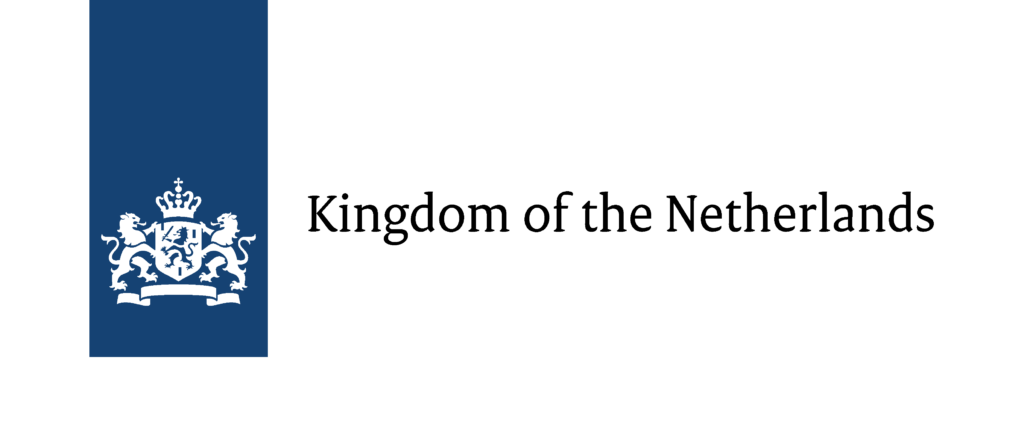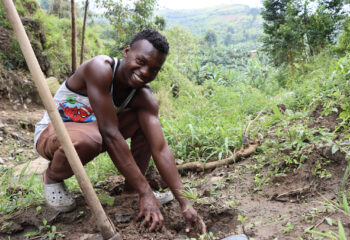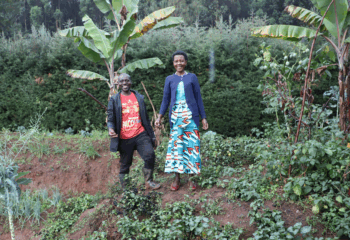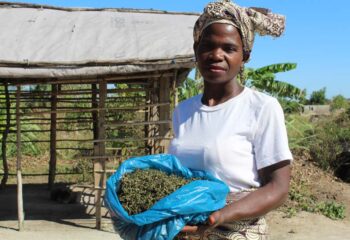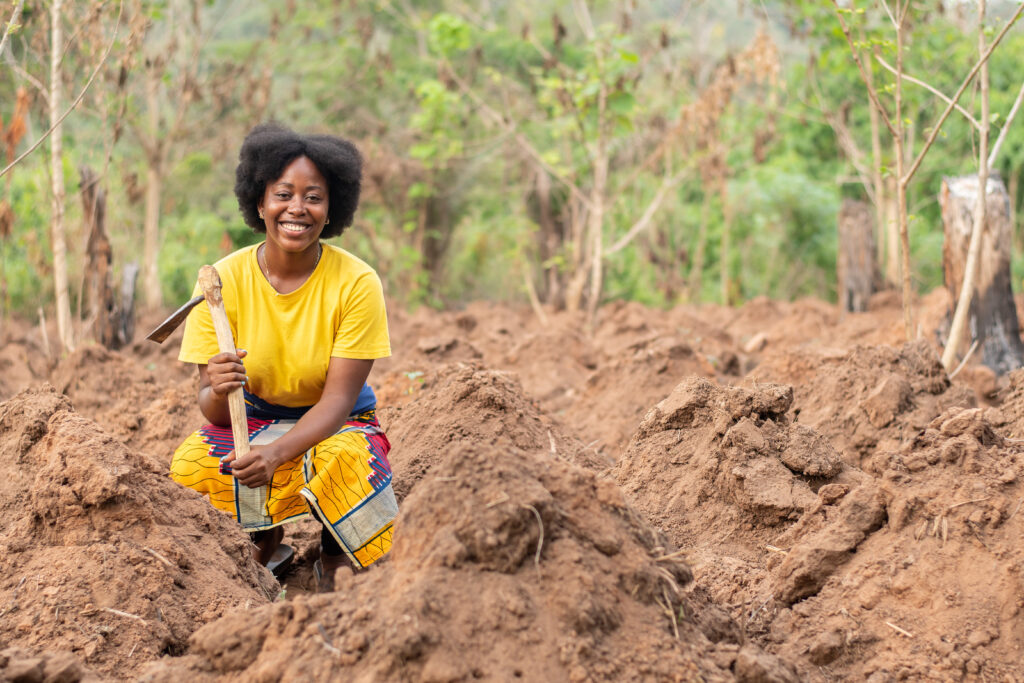
The International Fertilizer Development Center (IFDC) proudly announces its groundbreaking success in securing the Soil Values program, an ambitious initiative funded by the Netherlands Directorate-General for International Cooperation (DGIS). The 10-year program, the largest ever won by IFDC, marks a significant milestone in the organization’s commitment to and the Kingdom of the Netherlands’ investment in sustainable soil and water management in the Sahel region to improve agriculture and farmers’ livelihoods.
Over the next decade, Soil Values aims to improve the soil fertility and productive capacity of 2 million hectares of farmland in Burkina Faso, Mali, Niger, and Northern Nigeria. The program will enhance the resilience and well-being of 1.5 million small-scale food producers, with a particular emphasis on women. Additionally, dialogue with bordering corridor countries Côte d’Ivoire and Ghana will ensure regional coherence in soil fertility management and food security.
To fulfill these goals, IFDC, in collaboration with core partners SNV and Wageningen University and Research (WUR) and various knowledge partners, introduces the innovative Soil Values approach. This approach goes beyond traditional interventions, with a focus on Integrated Soil Fertility Management (ISFM) in the context of participatory landscape management, to catalyze viable business cases and incentivize adoption by farmers, market actors, and policymakers.
So far, policymakers, private sector actors, and other stakeholders responsible for creating conditions for sustainable soil management have appeared unable to develop mechanisms that result in appropriate soil valuation.
Soil Values will develop mechanisms to ensure the correct economic valuation of soils, addressing spatial-temporal and stakeholder gaps.
With a holistic approach, Soil Values will operate through three strategic pathways:
- The agro-ecological pathway, which targets practices for small-scale food producers within landscape elements.
- The inclusive market development pathway, which engages the private sector to provide market incentives for soil fertility management.
- The enabling environment pathway, which aligns public sector institutions, policies, and governance structures to stimulate sustainable soil fertility management.
The program works in five intervention areas:
- Bundling of agro-technical and socio-economic interventions into packages adapted to farm conditions.
- Integrating landscape and watershed elements through participatory planning for optimal management of soil, water, and biodiversity.
- Brokering financial instruments to provide financial and other incentives for farmers to sustainably manage soil fertility.
- Convening of parties to collectively develop conducive policies for stakeholders to co-opt on sustainable soil fertility management practices.
- Scoping of potential solutions worldwide and learning from proven technologies and approaches to arrive at innovative agro-technical and socio-institutional interventions.
The Soil Values coalition, comprising IFDC, SNV, WUR, AGRA, the World Agroforestry Center (ICRAF), the International Institute of Tropical Agriculture (IITA), ISRIC – World Soil Information, and the International Water Management Institute (IWMI), will leverage its technical expertise, regional presence, and extensive networks to drive impactful change. The coalition will collaborate with the World Bank’s Food Systems Resilience Program (FSRP) and other programs from governments, coalition partners, and donors to reinforce soil fertility management at the local, national, and regional scale.
Soil Values is committed to ensuring gender equality and social inclusion, building national capacity, leveraging large regional programs, involving the private sector, and managing the program with a conflict-sensitive approach.
To maximize impact, Soil Values intends to quadruple the DGIS budget by attracting €100+ million from development partners, €100+ million from the private sector, and €100+ million in fertilizer sector financing for soil fertility improvement in the Sahel.
IFDC looks forward to the transformative journey ahead, collaborating with local, national, and regional partners to make sustainable soil fertility management a cornerstone of the Sahelian and Guinea Savanna farming systems.
